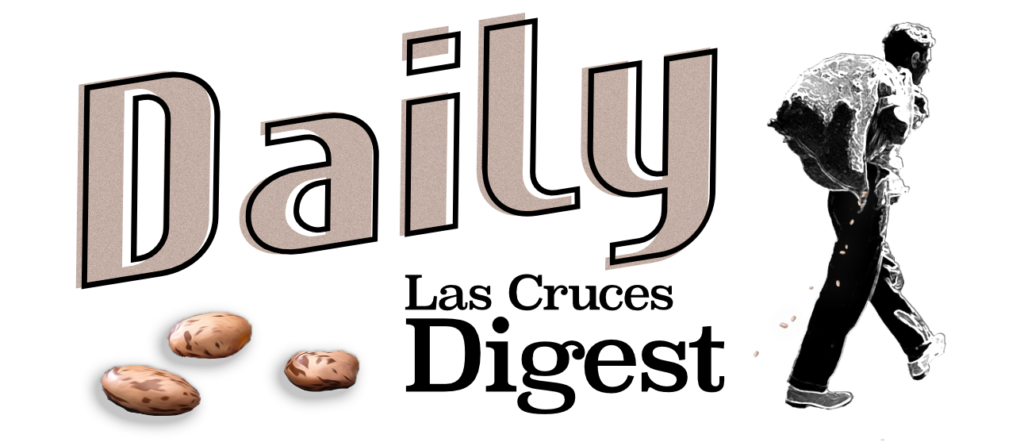-and-
The precedent for a national Thanksgiving holiday can be attributed, in part, to the determination of one woman: Sarah Josepha Hale.
November 25, 2024
Posted by: Neely Tucker
This is a guest post by Ryn Cole, who was an intern this summer in the Office of Communications. It appears in slightly different form in the November-December issue of the Library of Congress Magazine.

The fourth Thursday in November today means family, food and giving thanks. The national holiday of Thanksgiving, however, did not come quickly or easily. The precedent for a national Thanksgiving holiday can be attributed, in part, to the determination of one woman: Sarah Josepha Hale.
Photo: Sarah Hale in 1880. Engraving by J.D. Buttre. Prints and Photographs Division.

Born in New Hampshire in 1788, she was educated far more than most young women of the era, thanks to parents who believed women should be educated the same as men. She grew to be activist, editor and writer, best known as creator of the nursery rhyme “Mary Had a Little Lamb.” Her husband, David Hale, an attorney, died young, leaving her with five children. She was socially conservative and did not support womens suffrage, believing that women should confine their influence to home and family. Still, as editor of the popular and influential Godey’s Lady’s Book, a magazine for women, she advocated for an end to slavery, women’s education and for their right to own property. She also very much wanted Thanksgiving, observed mostly in the Northeast, to become a national holiday. After years of advocating for the cause, during the Civil War she finally wrote to President Abraham Lincoln, urging him to proclaim a national day of thanksgiving on the fourth Thursday in November.

“You may have observed that, for some years past, there has been an increasing interest felt in our land to have the Thanksgiving held on the same day, in all the States,” she wrote Lincoln in September 1863. With Lincoln’s help, Hale hoped “the permanency and unity of our Great American Festival of Thanksgiving would be forever secured.”
Lincoln agreed. On Oct. 3, he issued a proclamation urging his fellow citizens “to set apart and observe the last Thursday of November next, as a day of Thanksgiving and Praise to our beneficent Father who dwelleth in the Heavens.”
-and-
The divided country was not all on board, as Confederate states didn’t consider themselves subject to Lincoln’s proclamation. Still, Hale’s persistent efforts helped set a precedent of celebrating Thanksgiving in late November. In 1870, congressional legislation officially made Thanksgiving a national holiday and, in 1941, set the day as the fourth Thursday of the month.
More than 160 years after Lincoln’s proclamation, Thanksgiving Day still fills Americans with a sense of community, love and gratitude, thanks in no small part to the determination of Sarah Hale.







